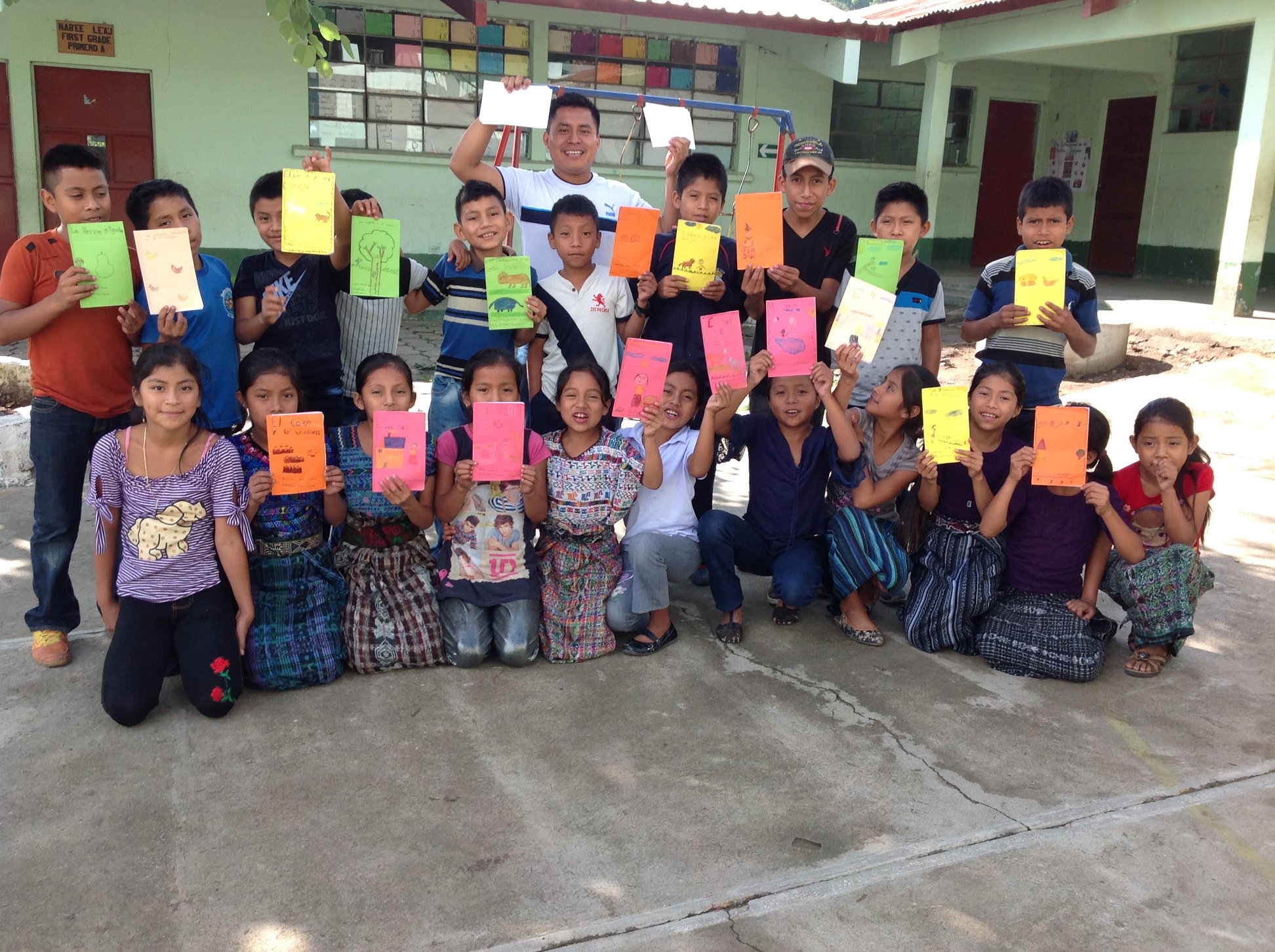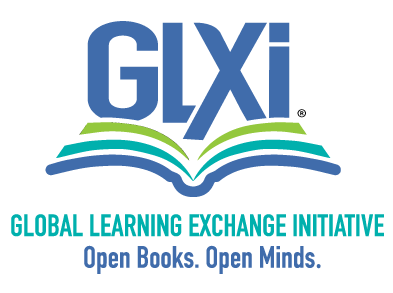Data compiled by Elizabeth McDonald
Global Learning Exchange lays the foundation for opportunity.
Few gifts we give our children are as significant to their future as literacy. It is a foundational skill that sets up children for lifelong success, and in turn increases the overall income and development of the country. It leads to better health, better employment opportunities and more stable societies. Extensive research supports this and the need is massive.
Consider that, across the globe, 250 million children cannot read or write. If all students in low-income countries left school with basic reading skills, 171 million people could be lifted out of poverty! Some of the ripple effects by numbers include:
10% increased earnings from just one more year in school
66% fewer maternal deaths if all women completed primary education
High correlation between increased education and lower fertility rates as well as delayed childbearing*
Unfortunately, many children in developing countries don’t attend school at all or drop out before they can read or write sufficiently. Globally, 130 million children who reach fourth grade do not master the basics of reading and math. Poor teaching methods and lack of resources contribute to these outcomes. When you don’t read well, you begin a downward spiral. You become discouraged, disengaged in learning, and less likely to succeed.
Literacy offers a key to genuine transformation for individuals, communities and countries. It has been proven that children who read and write can create improved lives for themselves and their families. GLXi is committed to supporting the national literacy efforts in Guatemala and in other developing countries with high-quality propietary curriculum in reading and writing instruction for children. We achieve this through comprehensive teacher training and professional development. The investment in the training and support of teachers has the power to change generations to come.
6
Regions
43
classrooms
943
Students
98%
Teacher Retention

45% Female Students
Girls in Guatemala are at higher risk of leaving school early

84% of GLXi Students
At or Above Grade Level in Literacy Indicators

83% of GLXi Third Graders
At or above grade level in reading comprehension compared to 60% in third grade control classrooms
We are focusing on quality, and deepening our impact on teachers.
GLXi’s growth has been organic, happening by word of mouth between teachers and educators, since our first classroom on Lake Amatitlan near Guatemala City. By 2019, the program had grown to 43 teachers with over 1000 students in 6 regions of the country. Open Books, Open Minds went from an after-school program, to being adopted by administrators and principals as a part of their school curriculum. Rapid growth comes with challenges, and one of those was the need for a broader effort for ongoing coaching and mentoring of teachers as they implemented the curriculum into their classrooms.
One of the solutions was the creation of Hub Coordinators. These were astute and masterful teachers or principals who really got the curriculum strategies both theoretically and practically. We know what the research shows about professional learning communities, and we wanted to replicate this model.
The Hub Coordinators were a step in the right direction, but we knew we needed more capacity-building and training options for our teachers. How did we know? Because they told us. They saw the effectiveness of Open Books, Open Minds in comparison to Guatemalan reading curriculum that relies heavily on rote memorization. In true Guatemalan fashion, they wanted to work harder and become experts. Our Literacy Specialists soak up new strategies like sponges. They approach teaching as the life-changing vocation that it is for the children of their country.
So we focused on deepening our impact by building on quality of training rather than continuing to expand to more schools. We knew we needed to pause, reflect, and focus before we continued to grow, despite more teachers and schools wanting to participate in GLXi’s programming. This is what led us to the Virtual Teacher Training, the creation of new digital content for our classrooms.
Classroom growth since Founding

IMPACT BY THE NUMBERS
Assessments tell the story
Our Assessment Process
2017 results averaged across all GLXi grade classrooms
In 2017 we implemented the Indicadores Dinámicos del Éxito en la Lectura (IDEL). It is a research-based formative assessment series of measures designed to assess the basic early literacy skills of children learning to read in Spanish. In 2018, we implemented control group classrooms to compare GLXi curriculum to standard curriculum in primary grade classrooms.
All the IDEL measures are standardized, brief, individually administered, and can be used to regularly monitor the development of early Spanish literacy skills. Both benchmark and progress monitoring testing materials are available as a free download.
The IDEL measures are not a translation of the DIBELS measures. They take into account the linguistic structure of the Spanish language including the phonology, orthography, and syntax. Like DIBELS, the IDEL measures are based on the same theoretical and evidence-based principles of how children learn to read in alphabetic languages such as English and Spanish.
IDEL is a screening tool that includes instructional recommendations and benchmark goals. It provides teachers with information on student skills in the core components of beginning reading including: phonological awareness, the alphabetic principle, accuracy and fluency reading connected text, vocabulary and comprehension.
The IDEL measures include:
The IDEL measures take into account the linguistic structure of the Spanish language including the phonology, orthography, and syntax. The IDEL measures are based on the same theoretical and evidence-based principles of how children learn to read in alphabetic languages such as English and Spanish.

